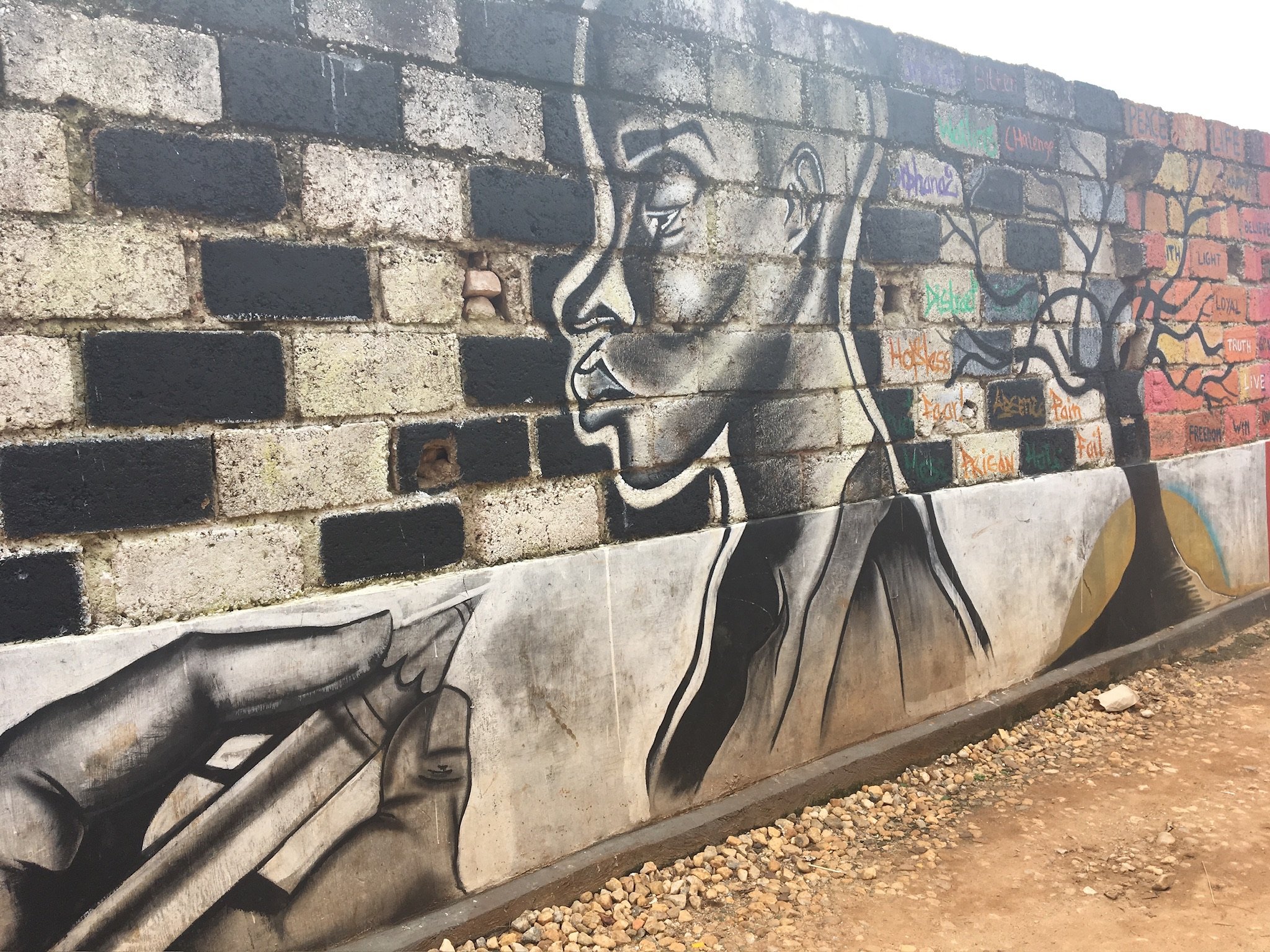The Power of Storytelling: Amplifying Voices with Trust and Integrity to Inspire Change
Kigali, Rwanda
Storytelling is powerful. It’s an honor to be able to amplify the stories and experiences of people’s lived experiences, and it is especially delicate and humbling when it comes to sharing the experiences of those in complex situations. I referenced this privilege in a LinkedIn post over a year ago, and it still rings true today.
Storytelling can bring empathy, understanding, and change. But when those stories involve people’s lives, experiences, and identities, you must come with not just patience and an open ear, but a deep sense of responsibility and ethics as well.
When we invite people to share their stories, we invite them to reveal parts of themselves that may be deeply personal, often shaped by trauma, loss, but also strength, tenacity, and pride. The way we navigate this, matters. It’s about striking a balance between lifting voices and creating a safe, comfortable space for individuals, making sure that their dignity is upheld while sharing their story – and eventually a compelling narrative.
Creating trust is built on authenticity. For that, we can’t give you a step-by-step guide. But we can remind you to ensure that those we work with feel heard and respected. Be transparent about how their stories will be used and make it clear that their participation is voluntary.
This leads to another consideration: power dynamics – this is especially important since in many cases the people you’d like to speak with are or were previously receiving services from your business or organization. Make sure to reassure those you’re asking that their decision to participate – or not - won’t impact their legal pursuits or access to services and resources (if this is in fact true; if it’s not be upfront about that as well). With this, we must also remember agency. It’s not up to us to decide who wants to share their story and how. For some, they may be hesitant, for others it’s part of healing, whereas others find it as a way of giving back. It’s better to ask someone than make that choice for them.
For many, the decision to share their experiences comes with risks - whether it’s fear of retribution, stigma, or legal repercussions. Offering the option to remain anonymous or to change identifying details is essential. In some cases, stories can also be shared or used together without identifying features to shed light on a larger issue. Another significant component is ensuring that everyone fully understands what they are agreeing to. Take time to discuss the consent process and ensure that any documents signed reflect their understanding, language as needed, and comfort level – it’s about ensuring people have the opportunity to ask questions, clarify details, and feel confident that they are in control of how their story will be shared.
At the heart of ethical storytelling is a commitment to fairness, respect, and safety. It’s about recognizing the power of a story, the responsibility we hold in telling it, and the trust placed in us by those who choose to share. By creating safe, open spaces, respecting identities, and safeguarding those we work with, we can use storytelling not only to inform but also to empower, amplify, and create positive change.
Ultimately, it’s about using our platform to share stories in a way that uplifts others, giving them agency over their own narrative, and ensuring dignity, support, and protection every step of the way. Ethical storytelling is not just about the stories we tell - it’s about how we tell them, with honesty, integrity, and compassion.

